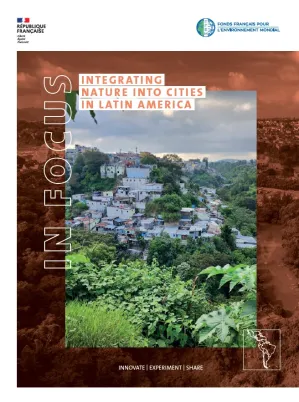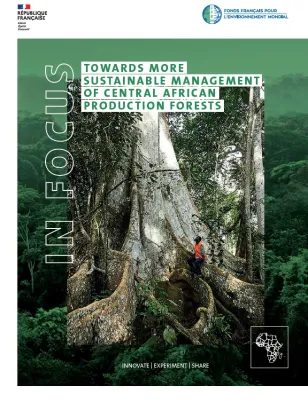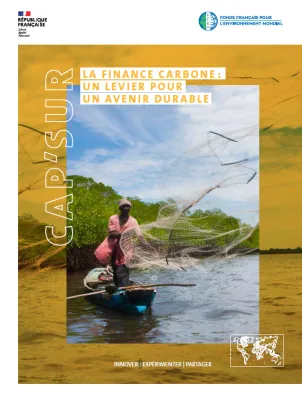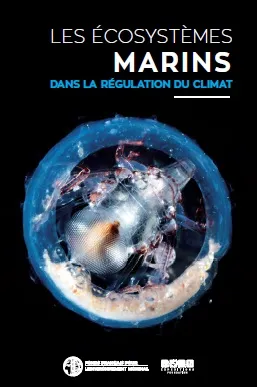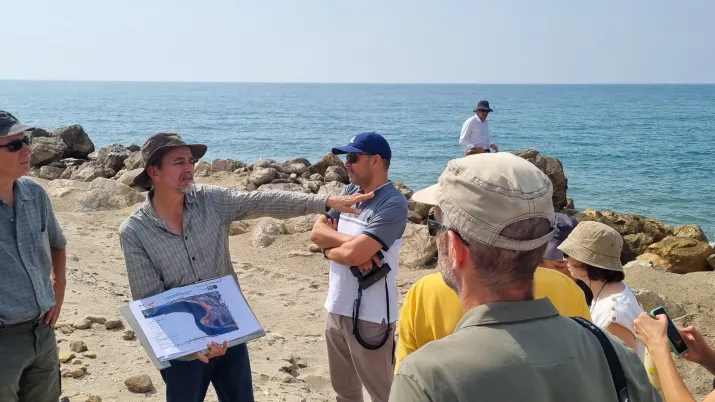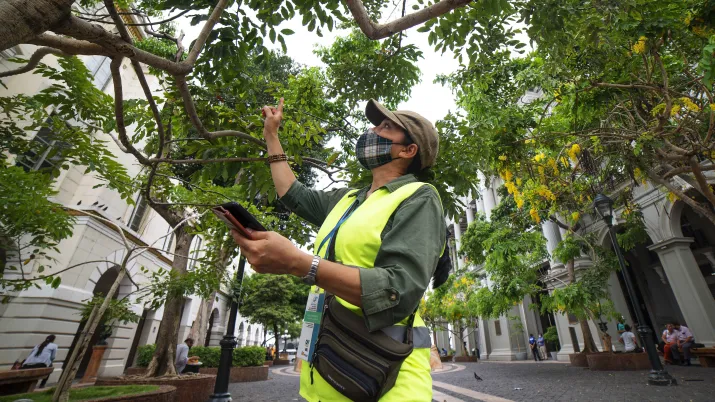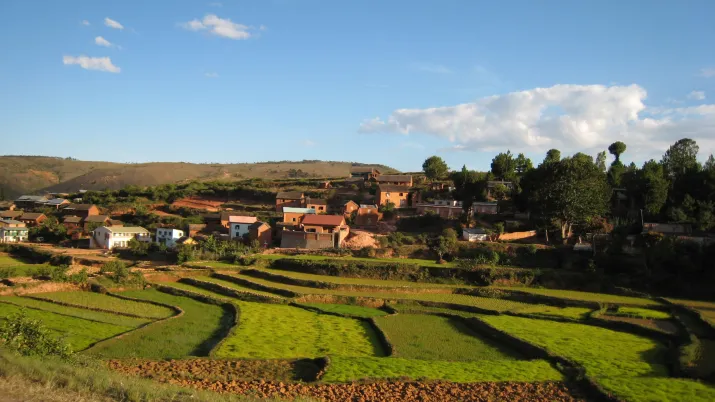Share the page
From Paris to Belem: 10 years of innovative solutions in the service of the Paris Agreement
Published on
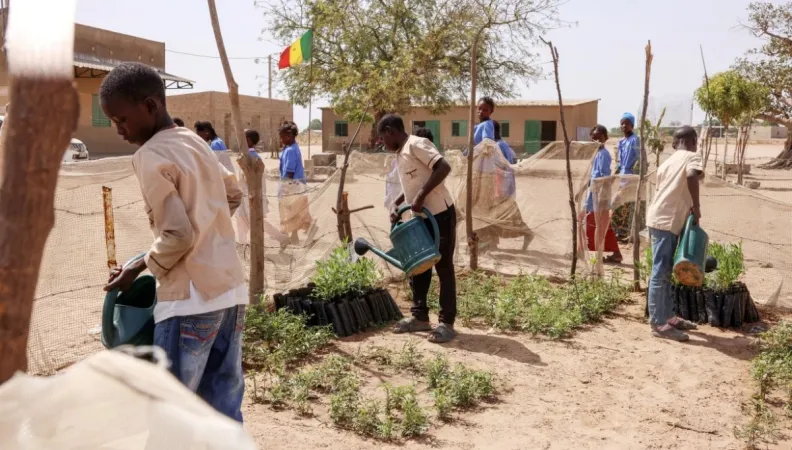
As COP30 opens in Belém, ten years after the signing of the Paris Agreement, the French Facility for Global Environment (FFEM) reminds us that innovative solutions do exist to turn climate ambitions into reality.
Since its creation, the FFEM has acted as a catalyst for innovation, supporting and sharing approaches that translate France’s international commitments into tangible action on the ground. Ten years after the Paris Agreement, its work demonstrates that it is possible to combine mitigation, adaptation, ecosystem protection, and pollution control in an integrated way.
TANGIBLE INITIATIVES TO FAST-TRACK THE IMPLEMENTATION OF THE PARIS AGREEMENT
- The continued pursuit of mitigation efforts is critical to tackling climate change, while adaptation to its effects remains a key challenge to reduce loss and damage.
The FFEM thus promotes:
- Nature in cities, by sharing lessons learned from pilot projects in Latin America, notably in Santa Fe and Guatemala City.
- Eco-construction, through a series of three recently launched webinars with AFD on sector standardization, training at all levels, and image change, aimed at amplifying impact.
- Sustainable urban mobility, via its partnership with Mobilize Your City and the publication of a booklet of recommendations based on six mobility plans implemented in African cities, to foster more resilient, inclusive, and low-carbon territories.
- Coastal ecosystem restoration (mangroves, seagrass beds, coral reefs), which is essential to strengthen coastal resilience to sea-level rise, protect marine biodiversity, and support the livelihoods of local communities.
- The fight against deforestation, by promoting the development of sustainable models for land management and agricultural and forestry value chains that reconcile forest conservation, traceability, inclusion of local communities, and socio-economic development.
- Mobilizing appropriate financing—particularly through inclusive carbon finance with multiple co-benefits—remains a major challenge.
To address it, the FFEM has published a guidance note on carbon finance for project developers, as well as a capitalization report based on experiences in Guinea-Bissau, Colombia, Mozambique, and Madagascar (REDD+), and on mangrove restoration projects in Costa Rica, Benin, Senegal, India, and Indonesia, where these ecosystems play a crucial role in mitigation, biodiversity conservation, and community resilience.
These initiatives demonstrate that integrated solutions can generate joint benefits for the climate, biodiversity, and local communities.
NB: Find all publication links at the end of this article.
Focus on the 6 recommendations to act in favor of active lifestyles and climate in African cities
African cities are experiencing rapid urbanisation and sustained demographic growth. These transformations are resulting in a sharp increase in travel, generating congestion, unsafe roads and pollution. Urban mobility systems need to be improved to address these challenges.
This booklet presents the lessons learned from 6 Sustainable Urban Mobility Plans (SUMP) carried out in 6 African cities (Dakar, Douala, Yaoundé, Dire Dawa, Bouake, Antananarivo) as part of the MobiliseYourCity partnership, supported by the FFEM.
It highlights 6 key recommendations to improve urban mobility, particularly on active modes (walking, cycling) and the fight against climate change.
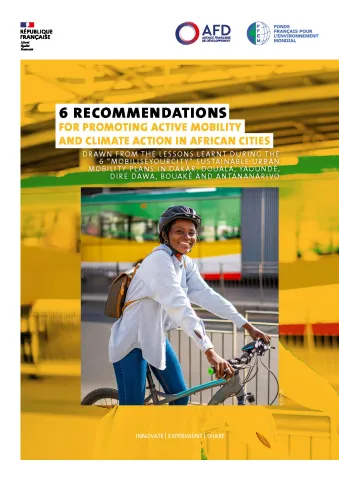 FFEM
FFEM
Download the booklet of the 6 recommendations
Ten years after the Paris Agreement, COP30 marks a decisive shift towards action. For the FFEM, it is an opportunity to demonstrate that solutions do exist, that they work, and that they can inspire public policies and private strategies alike.
- FFEM General Secretary
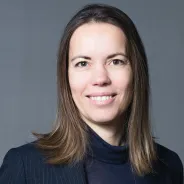
AN INTEGRATED APPROACH TO TACKLE GLOBAL ISSUES
Faced with the scale and interdependence of today’s environmental challenges, the FFEM advocates an integrated approach that simultaneously addresses the different dimensions of the planetary crisis — climate change, biodiversity loss, pollution, and the degradation of land and oceans — in order to maximize synergies between actions and avoid fragmented responses.
This approach makes it possible to design global and coherent solutions that respond simultaneously to the challenges of climate, nature, and development.
Together with its partners, the FFEM works to:
• Preserve and restore terrestrial and marine ecosystems, which are vital reservoirs of carbon and biodiversity;
• Rely on nature-based solutions to strengthen both climate mitigation and adaptation;
• Develop sustainable production models that are low-carbon and resilient to environmental shocks;
• Reduce pollution at the source—whether plastic, chemical, or organic—to protect ecosystems and human health;
• Support science, innovation, and knowledge sharing in the service of a just and inclusive ecological transition.
In Belém, at the heart of the Amazon, COP30 highlights the inseparable link between climate, nature, and people. This has been the very foundation of the FFEM’s action for the past 30 years: demonstrating that the ecological transition relies on concrete solutions, co-designed with local stakeholders and delivering environmental, social, and economic co-benefits.
Key Facts and Figures
-
276 climate-friendly projects for an amount of €343.9 million from 1994 to 2024 (including projects with co-benefits)
-
19 projects for an amount of €25.6 million testing carbon finance from 1994 to 2024
-
30% of projects supported by the FFEM in favor of forests from 1994 to 2024
-
18% of projects use Nature-based Solutions (NbS) from 1994 to 2024
Our publications related to COP 30
The webinars "Thursdays of ECOCONSTRUCTION"
ECOCONSTRUCTION THURSDAYS - WEBINAR 1/3 : Towards the standardization of the sector
FFEM and AFD launch a series of three (online) Webinars dedicated to Ecoconstruction: "THE THURSDAYS OF ECOCONSTRUCTION" They will successively address three key themes for its deployment and scali...
Online
ECOCONSTRUCTION THURSDAYS - WEBINAR 2/3 : Ecoconstruction training at all levels
FFEM and AFD launch a series of 3 (online) Webinars dedicated to Ecoconstruction: "THE THURSDAYS OF ECOCONSTRUCTION"
Online
ECOCONSTRUCTION THURSDAYS - WEBINAR 3/3 : Change the image and amplify the impact of ecoconstruction
FFEM and AFD launch a series of 3 (online) Webinars dedicated to Ecoconstruction: "THE THURSDAYS OF ECOCONSTRUCTION"
Online
Focus on our projects related to COP 30
Supporting the ecological and energy transition in the Malagasy highlands (TOTEM)
In progress
2024 - 2028

